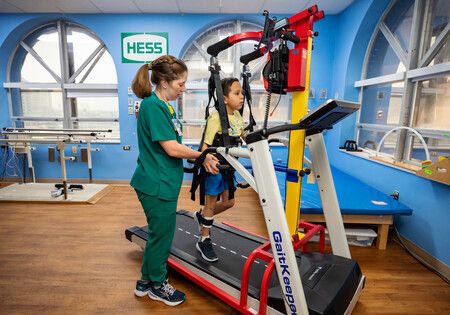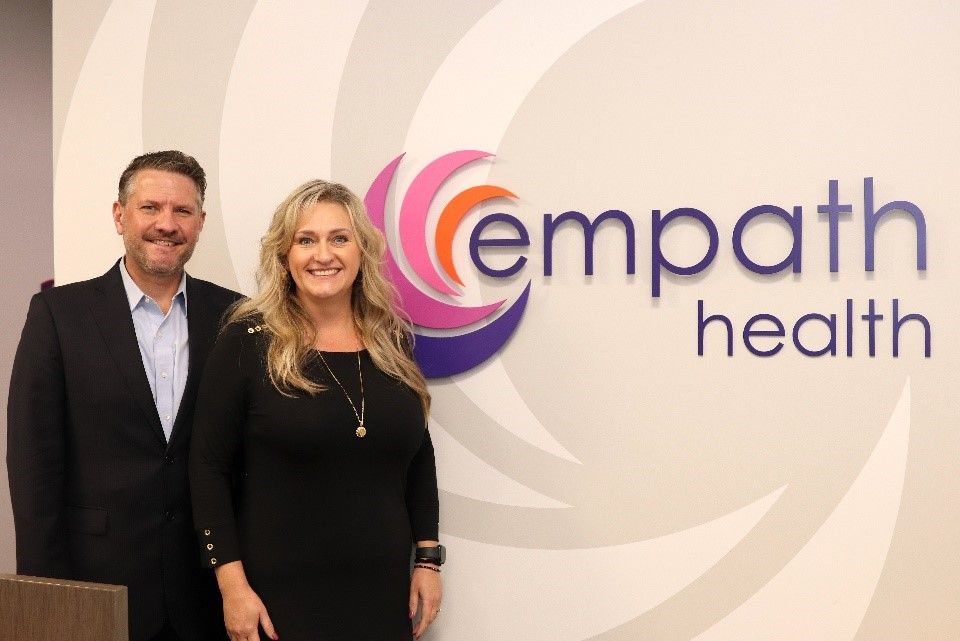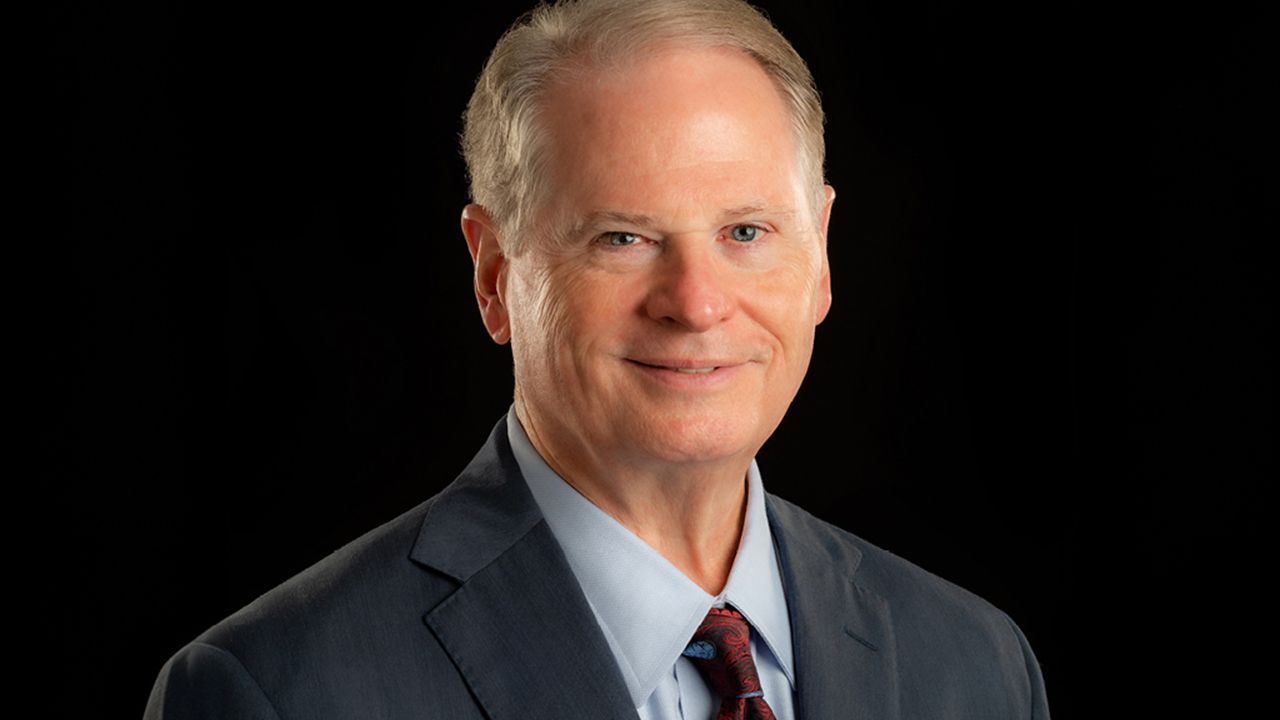According to the National Alliance on Mental Illness, approximately one in five U.S. adults experiences some form of mental illness in a given year. Even though millions of people suffer from mental illness, it rarely receives attention because of the stigma associated with it. This stigma keeps everyday Americans from discussing their mental health because of the fear of how their friends, family and job will react.
Over the last few years, the conversation around mental illness has become more open and public, mainly because of the high-profile suicide deaths of people such as Kate Spade, Anthony Bourdain and Robin Williams. What also has pushed the conversation further is the increasing number of professional athletes and celebrities coming out about their battles with depression, anxiety and addiction. Where the mental health discussion is still falling short is in the business sector.
It’s important for business leaders to take this issue seriously and take action. However, many executives and managers still believe an employee’s mental health is none of their concern or responsibility. But studies have turned their focus to the impact mental illness has on business and why companies should be concerned.
Research shows an employee’s mental health greatly affects both their performance and their company’s bottom line. Reduced work productivity, absenteeism and increased health care costs are just a few of the ways mental illness has cost employers money.
According to the Center for Workplace Mental Health, depression affects more than 16 million Americans and is the leading cause of disability worldwide, costing the U.S. economy $210.5 billion per year in absenteeism, reduced productivity, and medical costs.
Promoting mental health and self-care can have a positive effect on an organization in many ways, including addressing issues concerning employee retention and engagement, staff morale and recruiting new talent.
Here are six simple strategies that can be implemented for little to no cost:
- Train managers and supervisors to be aware of signs of mental health issues and how to respond to them appropriately.
- Promote mental health awareness through training, panel discussions and workshops on mental illness, self-care and aspects of healthy living.
- Establish and promote an employee assistance program.
- Share and celebrate stories of those with lived experience or in recovery.
- Consider allowing employees more flexibility in their work schedules, including working nontraditional hours, compressing work days and telecommuting.
- Strive for a stigma-free work culture by addressing mental health regularly.
There is a clear business case to be made for companies to promote mental health awareness and self-care with their employees. Individuals who don’t seek treatment can hurt their companies because of the decline in workplace performance and productivity. Studies continue to show there are more work days lost and work injuries caused by mental illness than any other chronic health condition.
Many Fortune 500 companies have started to implement efforts to attract top talent and improve the overall employee experience. By shining a light on the alarming economic cost of mental illness, my hope is that others will be more proactive in implementing policies that better support their employees’ overall mental health.
Ian Adair is a recognized expert in leadership, fundraising and nonprofit management; and a sought-after speaker for nonprofit conferences around the country. He is the executive director of the Gracepoint Foundation, the philanthropic arm of Gracepoint Wellness, which impacts the lives of more than 25,000 individuals in our community each year, seeking mental health and addiction services. To learn more, visit gracepointfoundation.org.















